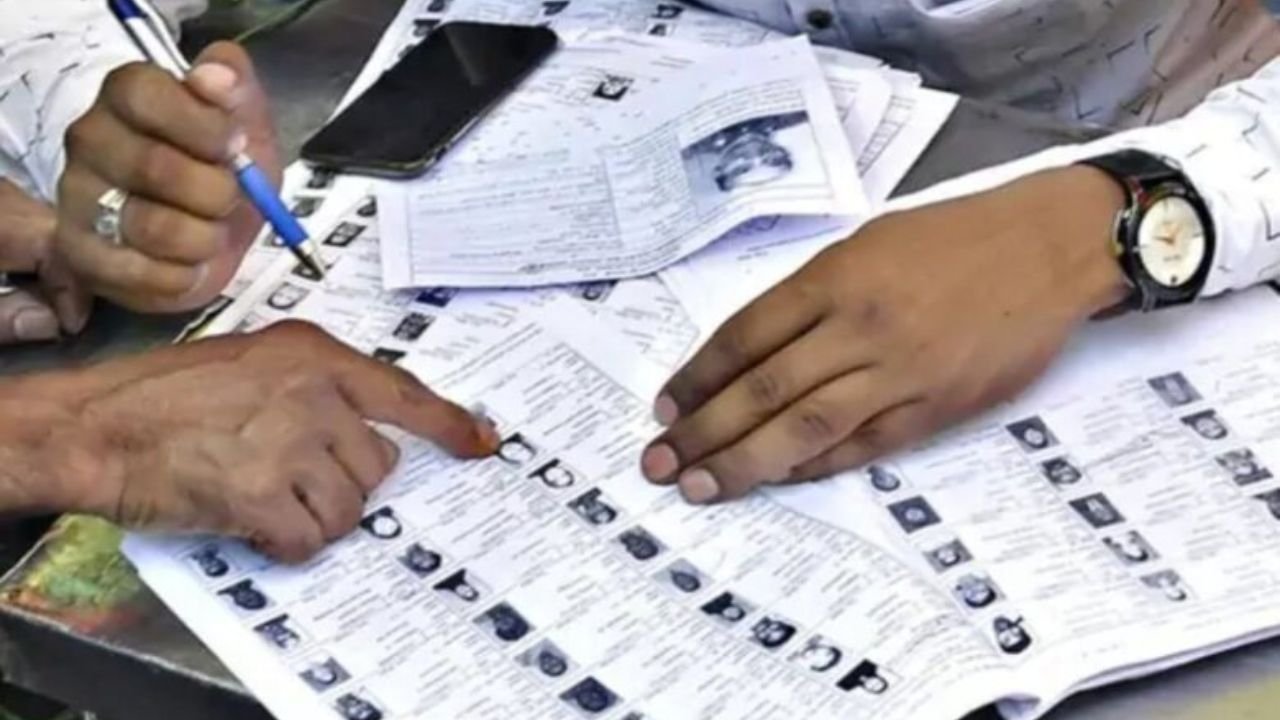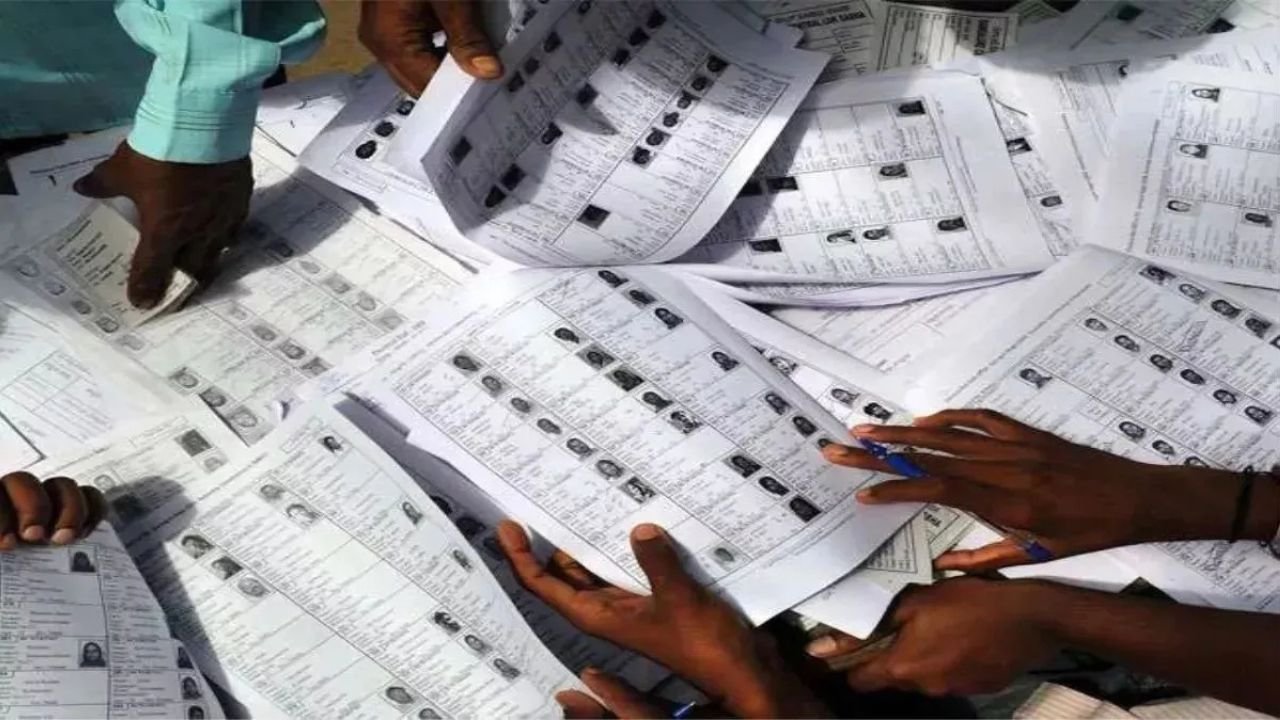Assam: After Bihar, the Election Commission announced the implementation of Special Intensive Revision (SIR) in 12 states across the country. These states include major states like Uttar Pradesh, West Bengal, Delhi, Gujarat, Tamil Nadu, and Madhya Pradesh. But when this list was released, the biggest question arose: why was Assam not included in it?
Assam is also scheduled to hold assembly elections in 2026, so it was believed that SIR would be implemented there as well. However, the Commission took a completely different decision for Assam. On Monday, the Commission announced that instead of SIR, Special Revision (SR) would be conducted in Assam. This process is different from SIR and has been implemented only considering the special circumstances of Assam.
The question now is why did Assam receive a different formula and what is the difference between SIR and Special Revision? Let’s understand this in simple and straightforward terms.

The situation in Assam is not like other states.
While Assam is an Indian state, it differs from other states in many respects. This is a border state, and issues like citizenship, foreigner identification, and the NRC have been highly sensitive here for decades. This is the same state where the entire NRC process was overseen by the Supreme Court. Even today, numerous cases related to citizenship and foreign nationals are pending in court. Therefore, any revision of the voter list in Assam is not merely considered a voter list correction, but also a citizenship-related matter. If a thorough and detailed verification like the SIR were implemented here, it could have increased citizenship disputes and legal complications. This is why the Election Commission did not treat Assam like other states and excluded it from the SIR.
So, what method was chosen for Assam?
The Election Commission has adopted a special model for Assam: Special Revision (SR). Typically, the voter list, updated annually, is called a Summary Revision, meaning incorrect names are removed and new names are added. The SIR, on the other hand, thoroughly scrutinizes every document, including citizenship. However, under the SR implemented by the Commission in Assam, Booth Level Officers (BLOs), or Booth Level Officers, will go door-to-door to verify only the names and information already registered. A new list will not be prepared by filling out forms. This simply means that the list will be corrected, but there will be no thorough scrutiny like the SIR. This method creates less controversy and can be easily completed by the administration.
What is the deadline for the special revision?
- From November 22nd to December 20th, BLOs will go door-to-door to verify voter information.
- After collecting all voter information on December 27th, the draft voter list will be released.
- January 1st, 2026 is the cut-off date. This means that all citizens who turn 18 by this date can be included in the voter list.
- The final voter list will be released on February 10th, 2026, after objections and corrections have been considered.
Why did the Election Commission not conduct SIR in Assam?
Chief Election Commissioner Gyanesh Kumar clearly stated that the circumstances in Assam are different from other states. The Citizenship Act also has specific provisions for Assam. Cases related to the NRC and the identification of foreign nationals are currently being heard in the Supreme Court. Implementing SIR in such a situation could have created numerous legal and administrative difficulties. It could also have increased tensions, so the Commission chose SR instead of SIR.
Indeed, Assam has been embroiled in decades of disputes over citizenship. A comprehensive audit of the entire voter list could have sparked numerous protests and political tensions. Therefore, the Commission chose a method that is balanced and maintains the sensitivities of the state.
CM Sarma Welcomes the Election Commission’s Decision
Assam Chief Minister Himanta Biswa Sarma welcomed the Election Commission’s decision. He wrote on X that the Election Commission’s decision is the right step to prepare a clean and reliable voter list in the state. The Assam government has already taken a strong stance on citizenship and NRC issues. But this time the Election Commission and the state administration discussed together and decided on a model which is legally safe and administratively easy.







